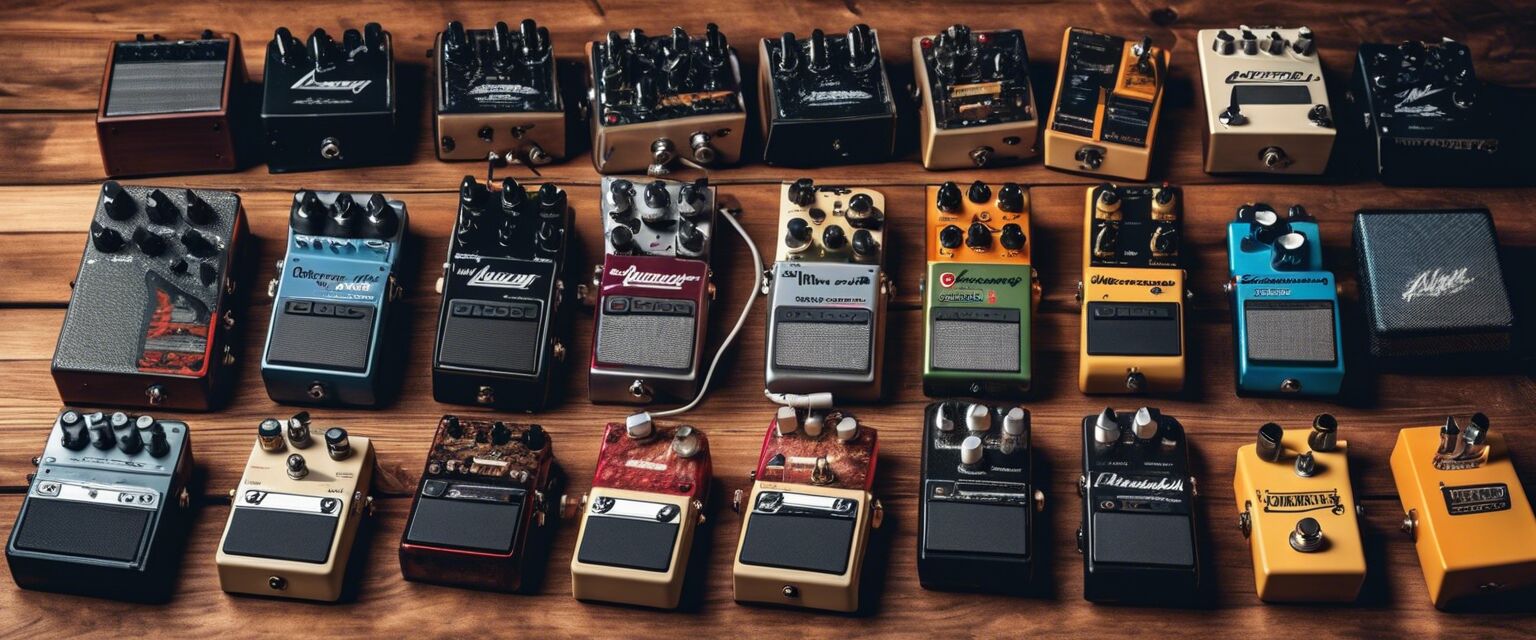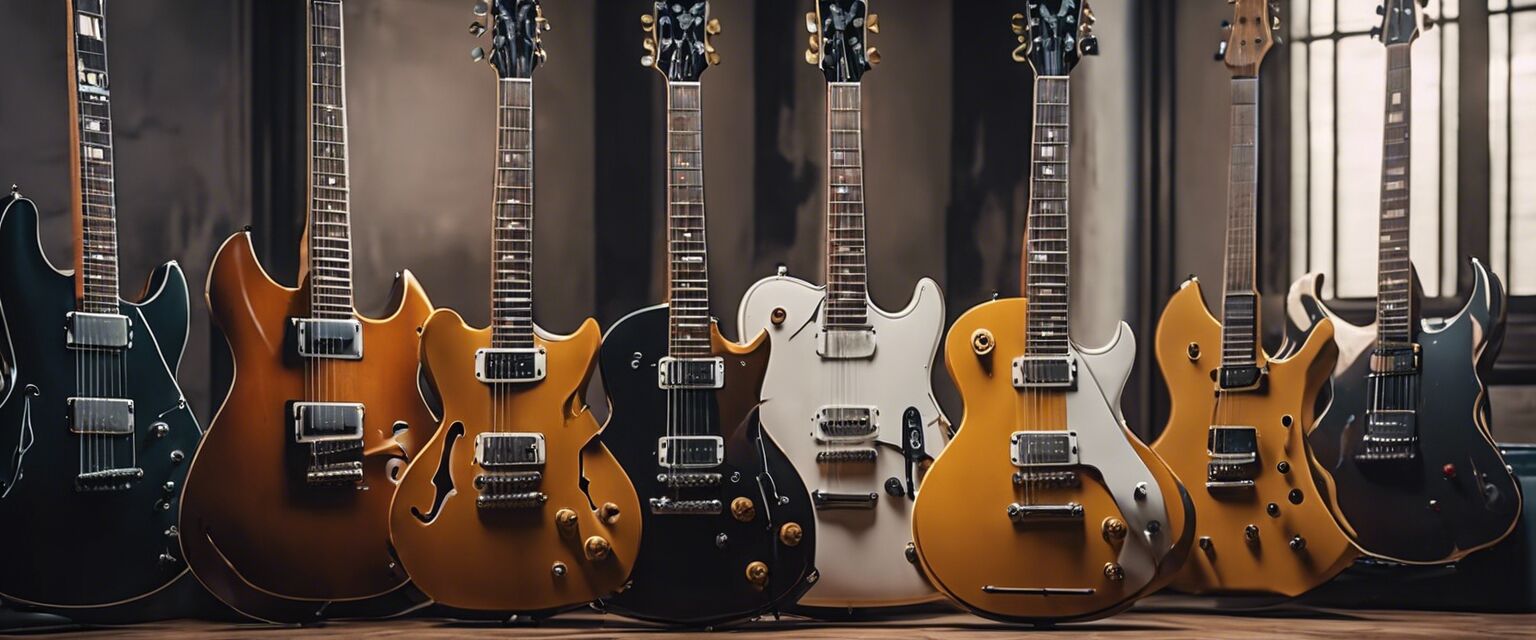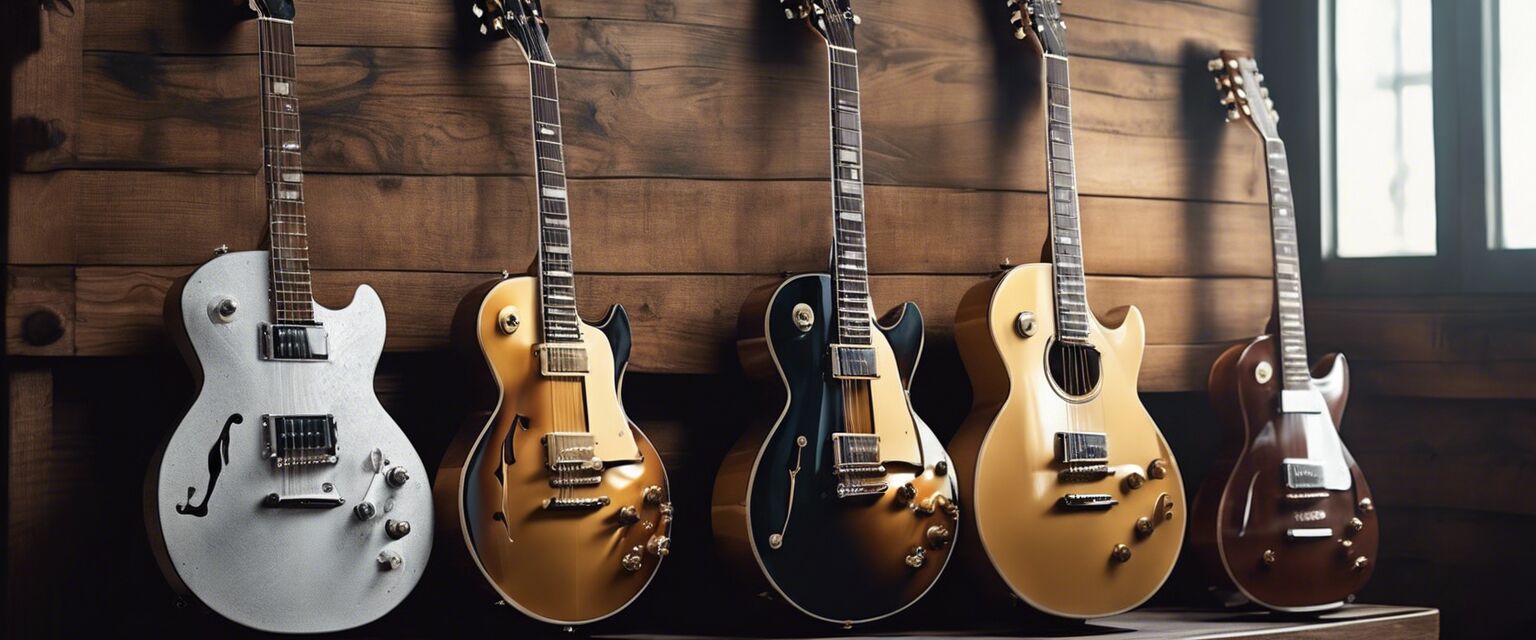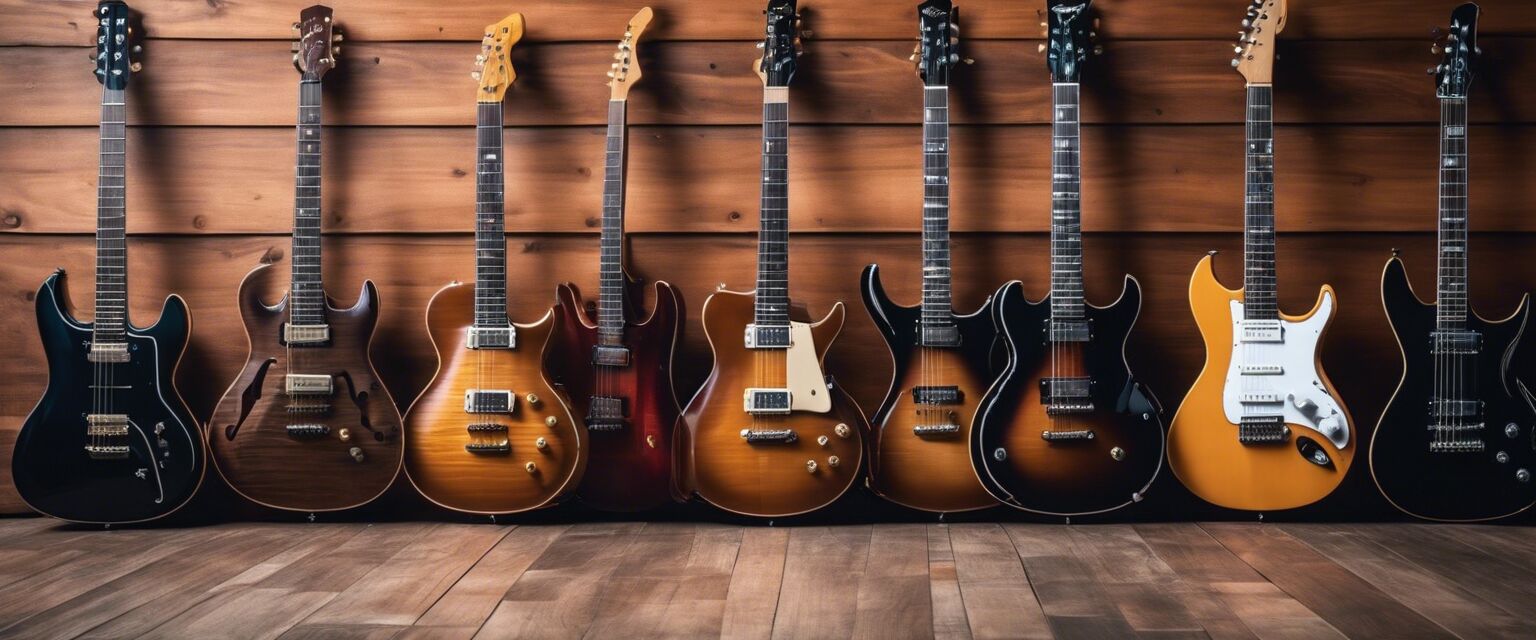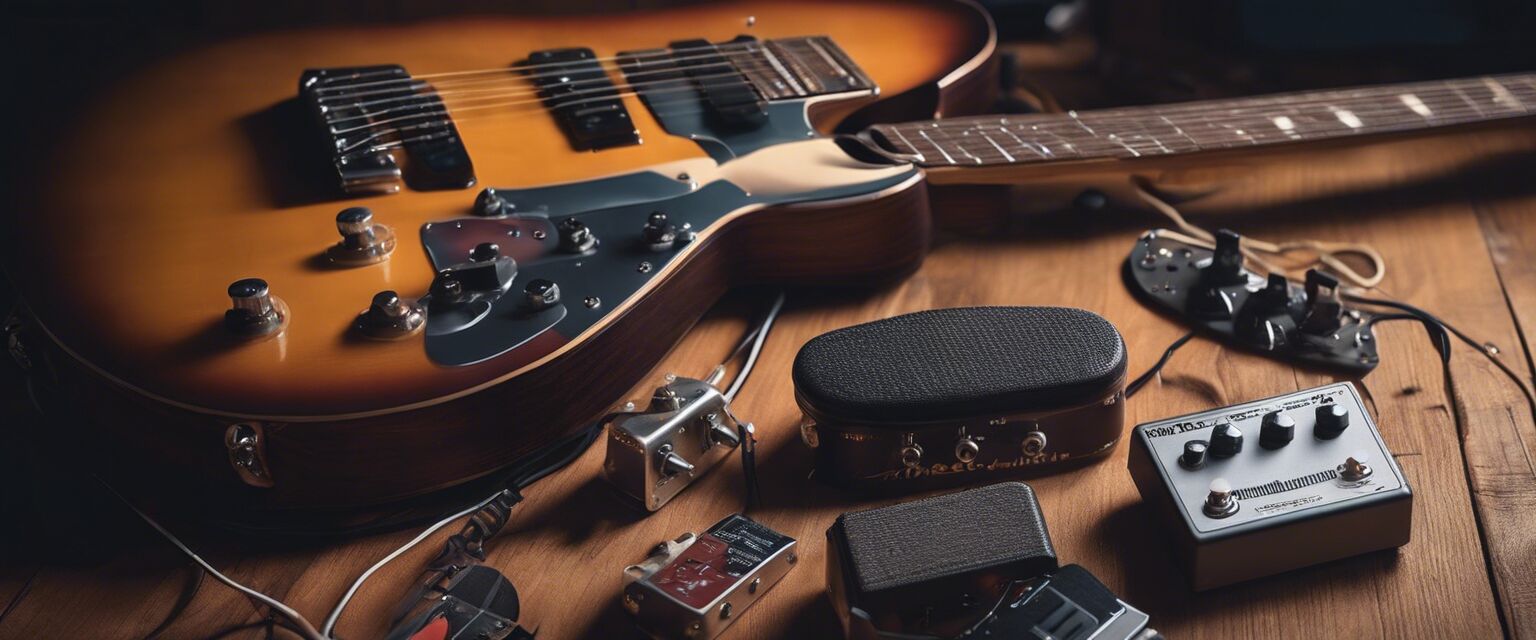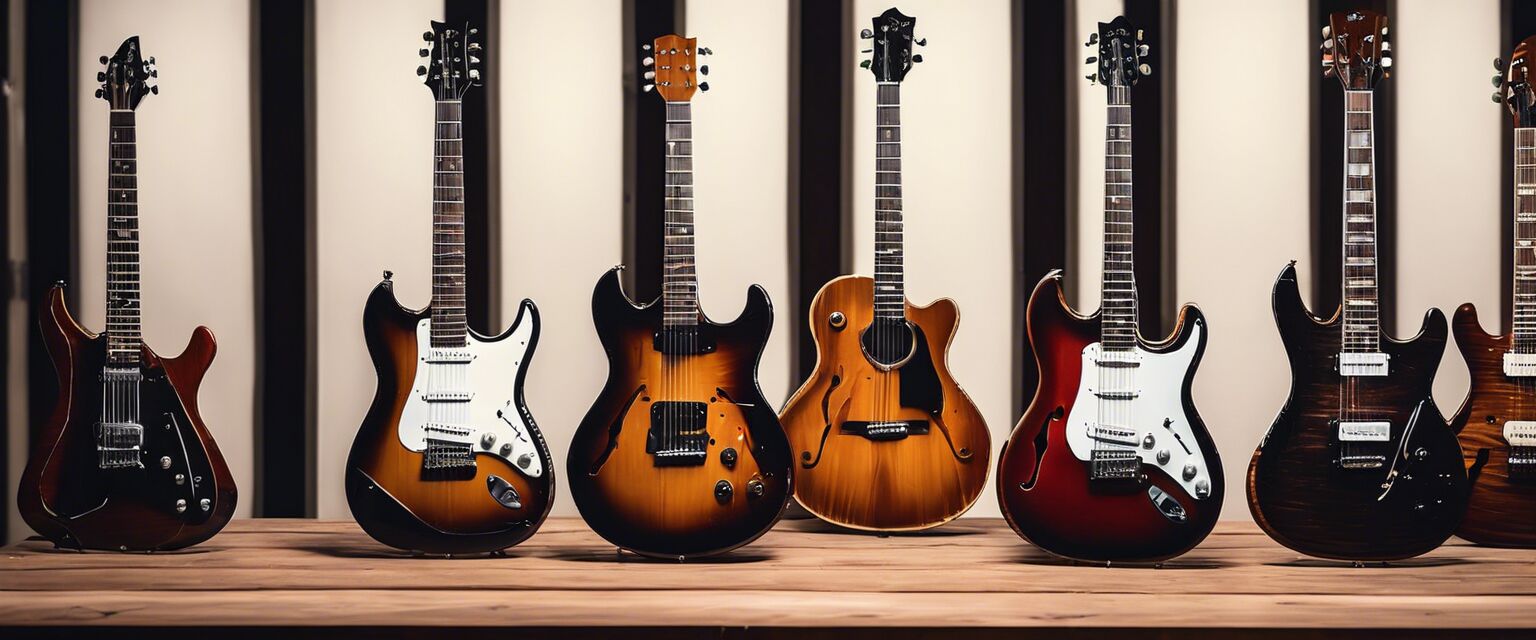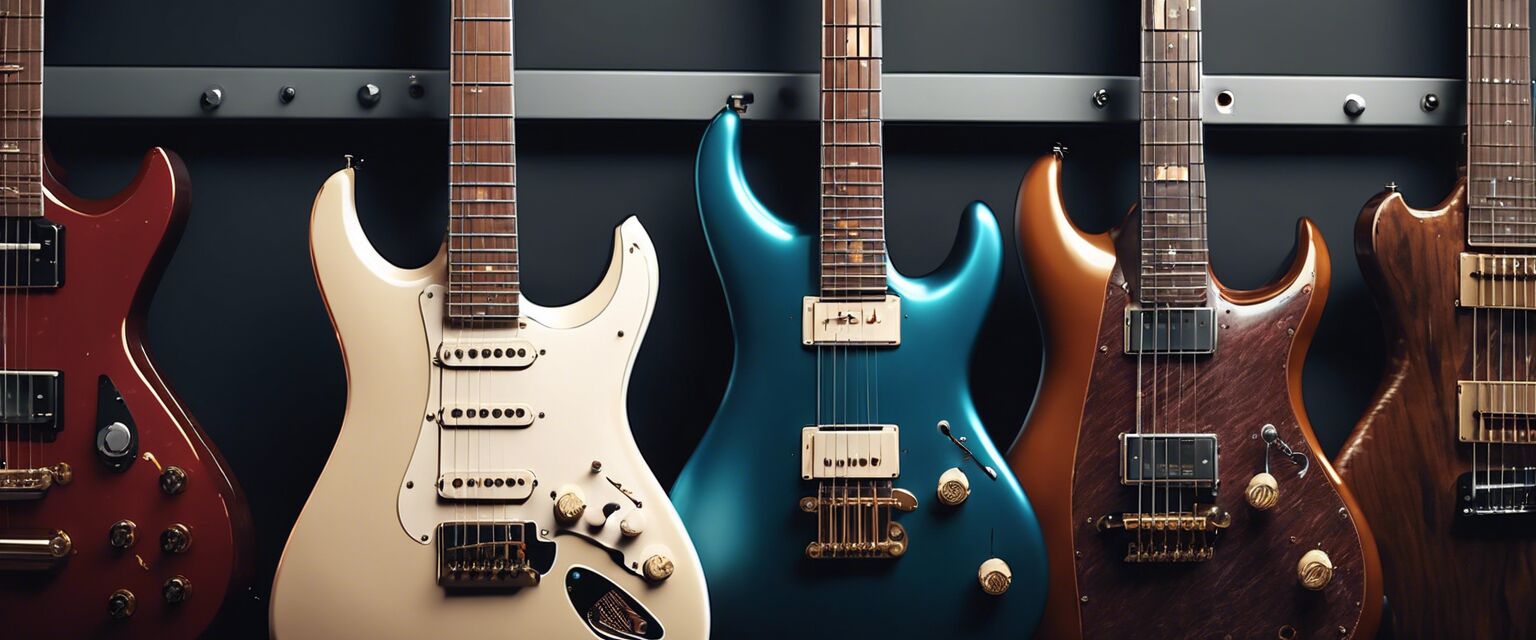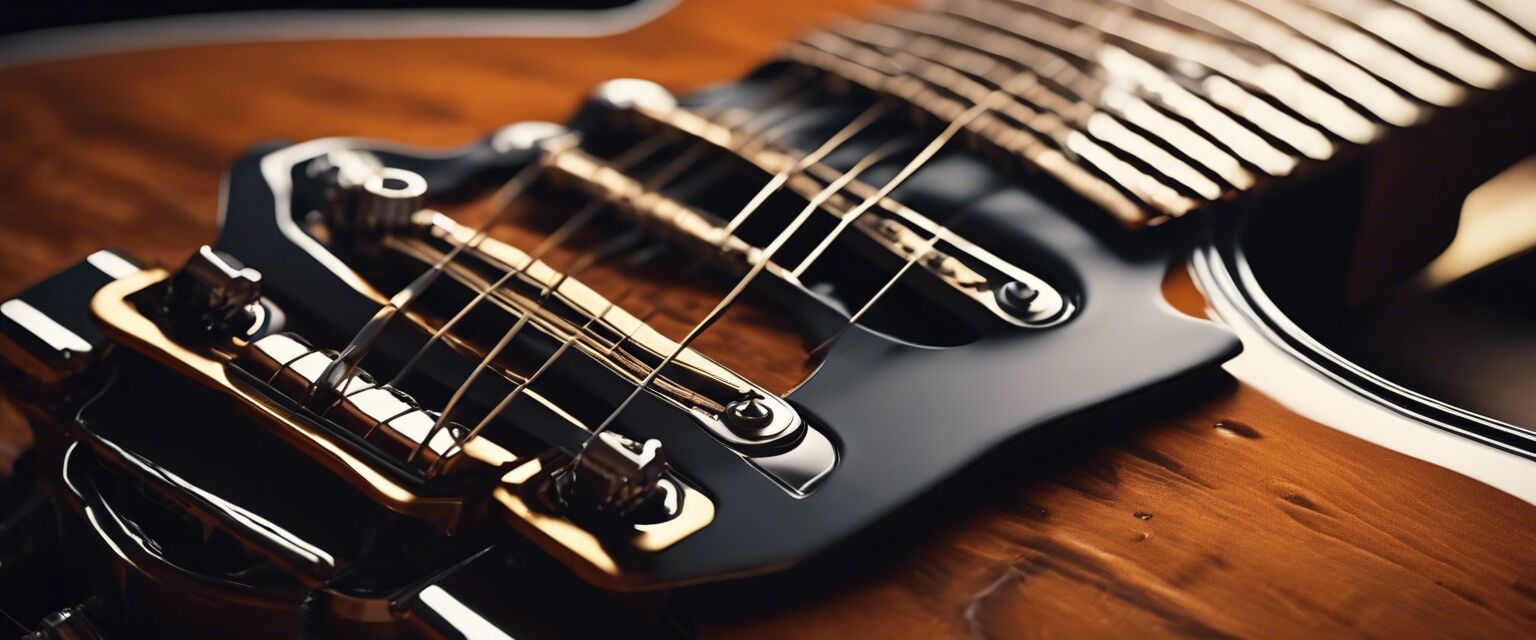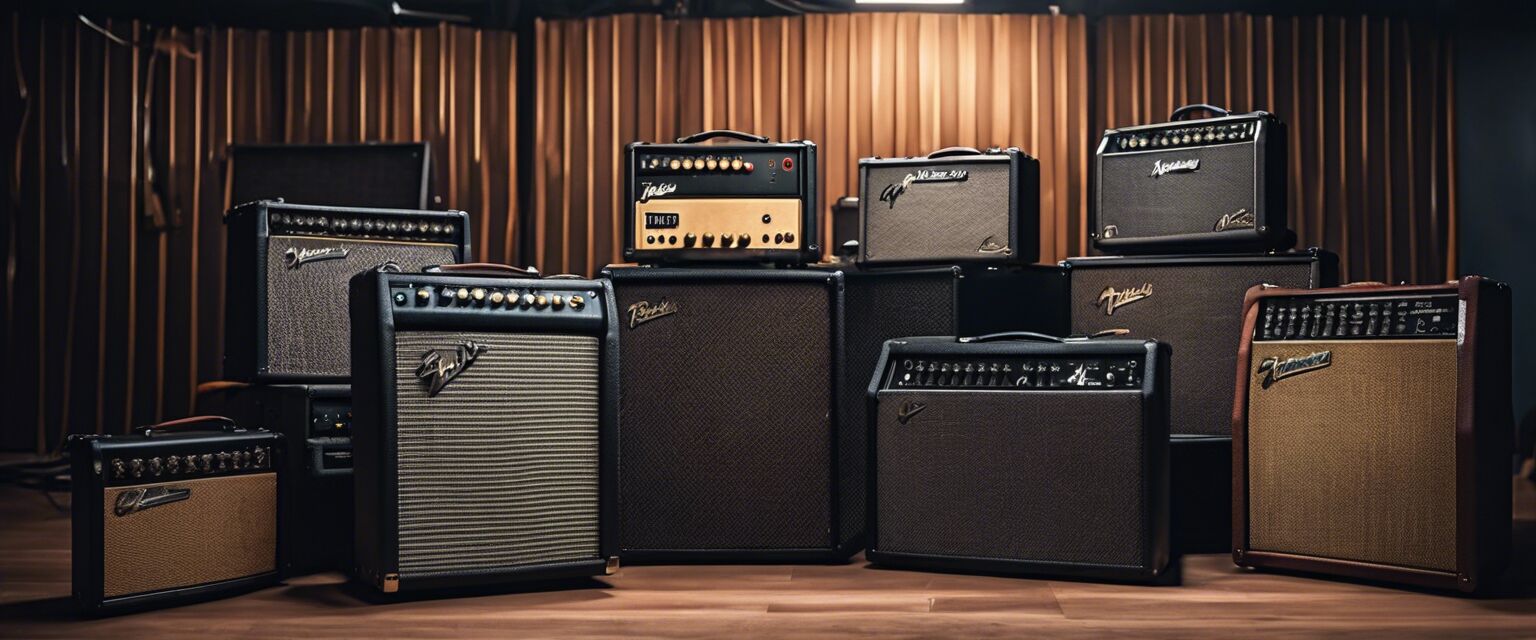
Electric Guitar Amplifiers
Electric guitar amplifiers are essential for bringing the sound of your guitar to life. Whether you're practicing at home, performing on stage, or recording in the studio, the right amplifier can enhance your tone and overall playing experience. In this article, we will explore the different types of electric guitar amplifiers, their features, and how to choose the right one for your needs.
Key Takeaways
- There are three main types of amplifiers: tube, solid-state, and hybrid.
- Understanding wattage and its impact on volume can help you select the right amp for your situation.
- Different amp features can affect your sound, including EQ controls, built-in effects, and speaker configurations.
- Brand reputation and user reviews are beneficial when choosing an amplifier.
- Budget considerations are essential, as amplifiers can vary significantly in price.
Types of Electric Guitar Amplifiers
Electric guitar amplifiers come in various types, each with unique characteristics. Understanding the differences can help you make an informed decision.
| Type | Description | Pros | Cons |
|---|---|---|---|
| Tube Amplifiers | Use vacuum tubes to produce sound. |
|
|
| Solid-State Amplifiers | Use transistors and are generally more reliable. |
|
|
| Hybrid Amplifiers | Combine tube and solid-state technology. |
|
|
Understanding Amplifier Features
When selecting an amplifier, it's important to consider various features that can enhance your playing experience. Here are some key features to look for:
- EQ Controls: These allow you to adjust the bass, mid, and treble frequencies to shape your sound.
- Built-in Effects: Some amplifiers come with effects like reverb, delay, and distortion.
- Speaker Configuration: Different speaker sizes and numbers can impact the sound projection and quality.
- Wattage: This indicates the power output; higher wattage generally means louder sound.
Choosing the Right Amplifier for Your Needs
Choosing the right amplifier depends on your specific needs and preferences. Here are some points to consider:
- Purpose: Are you playing at home, in a band, or for recording? Different scenarios may require different amplifiers.
- Budget: Determine how much you are willing to spend. There are quality options available for various budgets.
- Space: Consider the space where you will use the amplifier. Size and portability may be essential for some users.
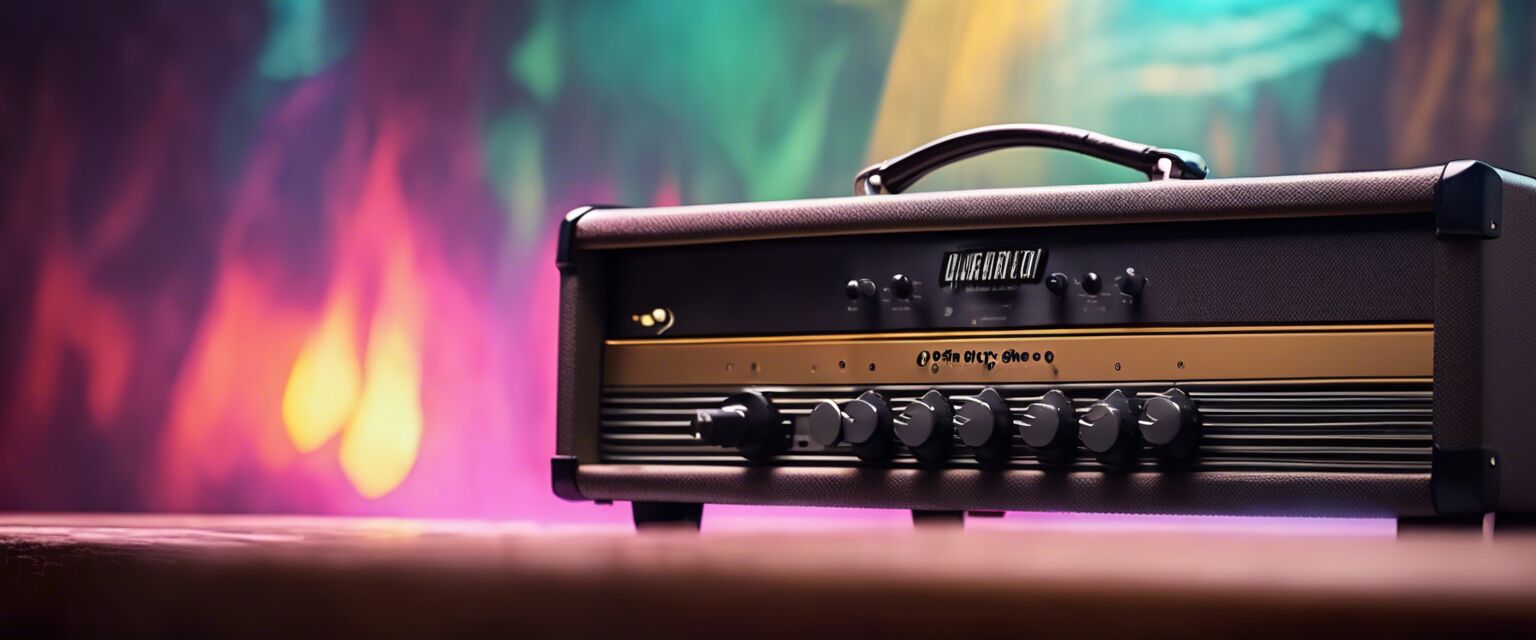
Popular Brands of Electric Guitar Amplifiers
Several brands are renowned for producing high-quality electric guitar amplifiers. Here are a few notable ones:
| Brand | Notable Features | Price Range |
|---|---|---|
| Fender | Classic tones, versatile EQ, built-in effects | $$ - $$$ |
| Marshall | Powerful sound, iconic rock tones, durable build | $$ - $$$$ |
| Vox | Distinctive chime, vintage tones, lightweight | $$ - $$$ |
| Orange | Unique design, powerful sound, simple controls | $$ - $$$$ |
Tips for Beginners
Getting Started with Amplifiers
- Start with a practice amp that fits your budget and needs.
- Experiment with different settings to find your desired tone.
- Try out different brands and models at music stores.
- Watch online tutorials to understand how to use your amp effectively.
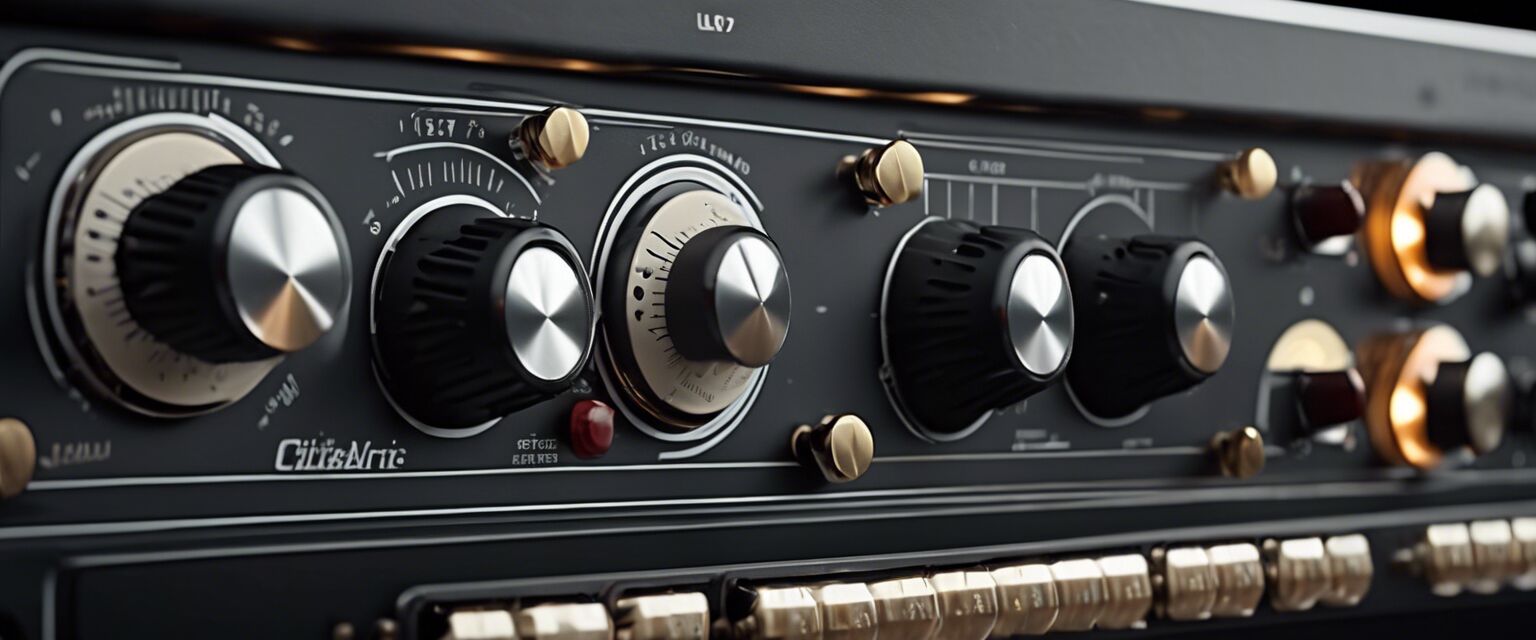
Pros
- Enhances sound quality and tone
- Variety of options for different needs
- Can be portable for easy transport
- Offers built-in effects for versatility
Cons
- Can be expensive, depending on features
- Some require maintenance (tube amps)
- Learning curve for beginners
- May take time to find the right settings
For more information on electric guitars, check out our sections on Electric Guitars, Guitar Accessories, and Guitar Pedals.
Powering Your Musical Voice
Electric guitar amplifiers are vital tools for musicians looking to enhance their sound. Understanding the different types, features, and brands can help you make the best choice for your playing style and needs. Whether you're a beginner or a seasoned player, investing in a good amplifier can significantly improve your guitar experience.
